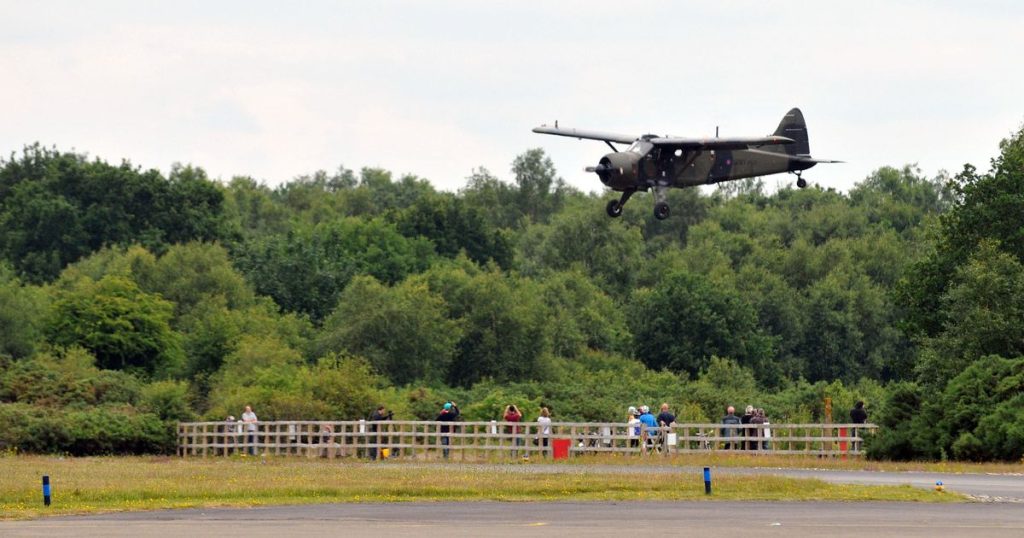On April 1, 2022, licensed pilot Barry Scott, aged 63, faced allegations of negligently endangering an aircraft after nearly crashing his PA-28 Cherokee near Sandhurst, Berkshire. Departing from Blackbushe Airport late that evening, he became disorientated during the return flight due to the lack of lighting on the runway. The passenger with him experienced a terrifying ordeal as they flew too close to houses and power lines while attempting to land, prompting the passenger to shout for the pilot to climb. Finally landing two hours late at Blackbushe Airport, Scott’s actions left his passenger deeply distressed, with the potential for catastrophic consequences.
The judge, Alan Blake, highlighted the chain of poor decision-making that occurred during the flight, emphasizing the gravity of the situation that could have resulted in a catastrophic impact with terrain, houses, or other obstacles. The court heard that the passenger, also an experienced pilot, had suggested diverting to Farnborough Airport for a safer landing with an illuminated runway, but Scott ignored this advice. The incident included six major issues identified in a Civil Aviation Authority report, detailing faults in flight planning, situational awareness, altitude maintenance, and response to imminent danger. These lapses culminated in Scott landing out of hours at Blackbushe Airport, contrary to regulations.
Scott’s defense highlighted his otherwise excellent track record and described the incident as out of character for him. The mitigating factors included the potentially adverse effects of minor mistakes that can snowball into a dangerous situation. Judge Blake recognized Scott’s guilty plea and noted that he succumbed to the impulse to press on despite mounting difficulties. While Scott was fined £1,500 and ordered to pay over the next 12 months, his future as a pilot remains uncertain as the Civil Aviation Authority suspended his license pending further review. Scott, formerly a precision engineer, stopped working due to worsening symptoms of diabetes and is currently unemployed.
The harrowing experience faced by the passenger, Martin Harbour, sheds light on the importance of adherence to safety protocols and regulatory guidelines in aviation. Scott’s actions serve as a cautionary tale of the potential consequences of poor decision-making and lack of situational awareness while operating an aircraft. The judge’s remarks underscored the seriousness of the situation and the critical need for pilots to prioritize safety over expediency. It is a reminder that even minor errors can have severe repercussions in aviation, highlighting the importance of stringent adherence to flight regulations and safety protocols to prevent potentially catastrophic incidents. Scott’s case serves as a reminder of the high stakes involved in aviation and the imperative need for vigilance and adherence to best practices to ensure the safety of passengers and those on the ground.


